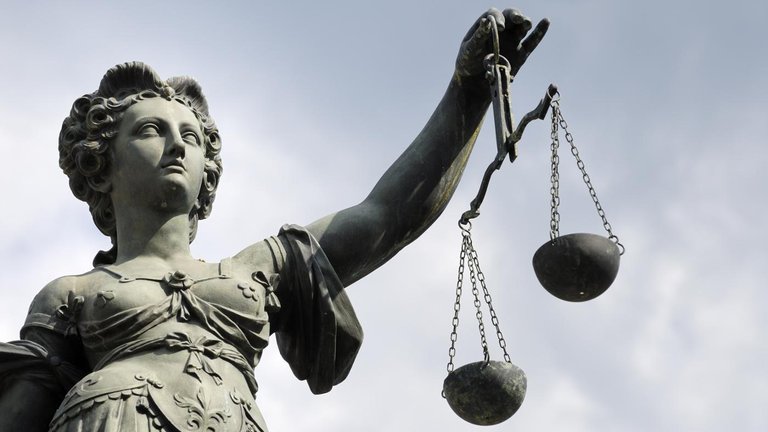
As I write this I sit shaking from having drunk just a little too much coffee. A caffeine buzz is excellent for writing anti-government rants of various sorts, and I believe I've hit the sweet spot.
Let me start by saying that I am not a doom and gloom type. Actually, I think that things are improving at a pretty rapid clip, and will continue to do so in the future. But I fear our current system of governance will be giving diminishing returns as time goes on, so I want to provide a rough sketch of how we could make the jump to a new system.
Currently it doesn't take much to bring about an unjust or corrupt outcome. A biased judge, a corrupt governor. Not to mention all of the smaller or less noticed but nonetheless important positions that really effect legislation and society.
The solution to this is simple. Research. Tons and tons of it. If you and everyone else researched, choosing who we wanted would be much less of a problem.
Simple, But Not Easy
The issue is: who the hell has time for that kind of research? For the last election I decided to research every person on the ballot ahead of time. What I found was that, despite the fact that I've voted in many elections, I never noticed that the number of people to vote for is staggering (especially when you consider reviewing each of their voting and personal histories). How in the world are you supposed to manage that? And when you do research, what places can you trust? Try googling a politicians' name to find their history, background, and voting habits (if they are in a position that votes or passes judgments). You'll find their landing page a couple of articles commending them, and a couple condemning them. If you find anything at all.
A Decentralized Solution
But what if each and every decision these people made was an online transaction in a blockchain? What if there was no place to hide, no way to bury past actions? Such an approach to record keeping alone would revolutionize the justice and policing systems in the country and worldwide.
Or what if you did away from centralized positions of power altogether? Ultimately, each case could be decided by a minimum number of people (with no maximum cap) in order to allow for more general fairness. Voters would be compensated for their time in a special currency called Jury. The voters would each have two types of power: one based on their experience in that type of case (called Special Jury Power - separated by different tags), and another more general type of voting power that would grow (simply called Jury Power - though this would accrue much more slowly) based on involvement and voting on any case.
Cases might even have judges appointed to them based on votes of those involved with the case (this is one of the weaker ideas, and admittedly could use development).
I've even played with the idea of a third power, Enlightenment, that would add to a person's power based on the amount of self-educating and educating of others that individuals did within the platform. Enlightenment is another idea that needs some refining. It would grow the slowest of all the Power, but would have the most multiplicative effect.
Again, this is just a rough sketch, but far from complete.
Steemit as a Decentralized Justice Platform
Steemit, as it is now, has more than enough resources to be a precursor to a more advanced decentralized justice system. The real issue, as with any attempt at decentralization, is that it depends on wide adoption. If I post an article about a local politician or race... what does it matter if no local voters are on Steemit? Also, posting politically on Steemit is not without a certain amount of risk (although I think this risk is small). Taking a stand on an issue could well mean disenfranchising a lot of people in a system that is all about being as seen as possible. Also there is the issue of polarization: i.e., once a person hears an opinion that is diametrically opposed to theirs, cohesive involvement becomes difficult to say the least.
However, despite these issues I still think it's possible to have an effect on the national and (in the U.S.) state level. People could write articles about their thoughts on the current state of things and about particular politicians up for election, and a discussion could blossom from there. People are already doing this to some extent, but it currently lacks organization (though I'm not necessarily saying I'll be the one to organize it!).
A Rough Sketch
This is merely a rough sketch, an idea that has been boiling over in my mind. It's far from perfect, but it feels as though with enough refinement it just might be doable. I have respect for our justice system, but let's face it: it's probably not going to approve appreciatively in the next century without some, deep changes. Maybe now is the time to start considering what those changes might look like.


Other Posts:
-CRISPR Cas9 - The Details and Implications of Having Control Over Your Genome
-A Happy Little Talk About Death
-Zelda: Ocarina of Time - Best Games Ever Made Vol. 2
-Deep Space Combat School: Nexus - Chapter 1: Calm Before the Storm
-The Law of Accelerating Returns: Why the Future is Brighter and Stranger Than You Think
-Why Changing is Hard and What You Can Do About It